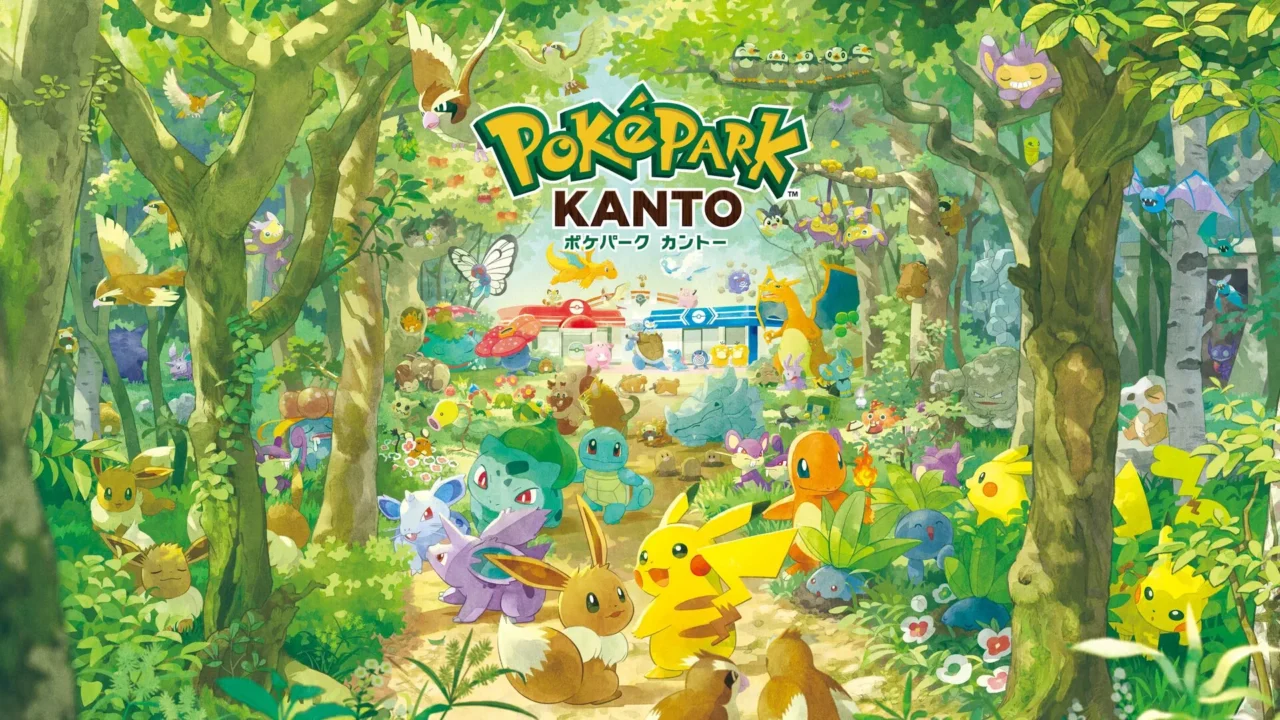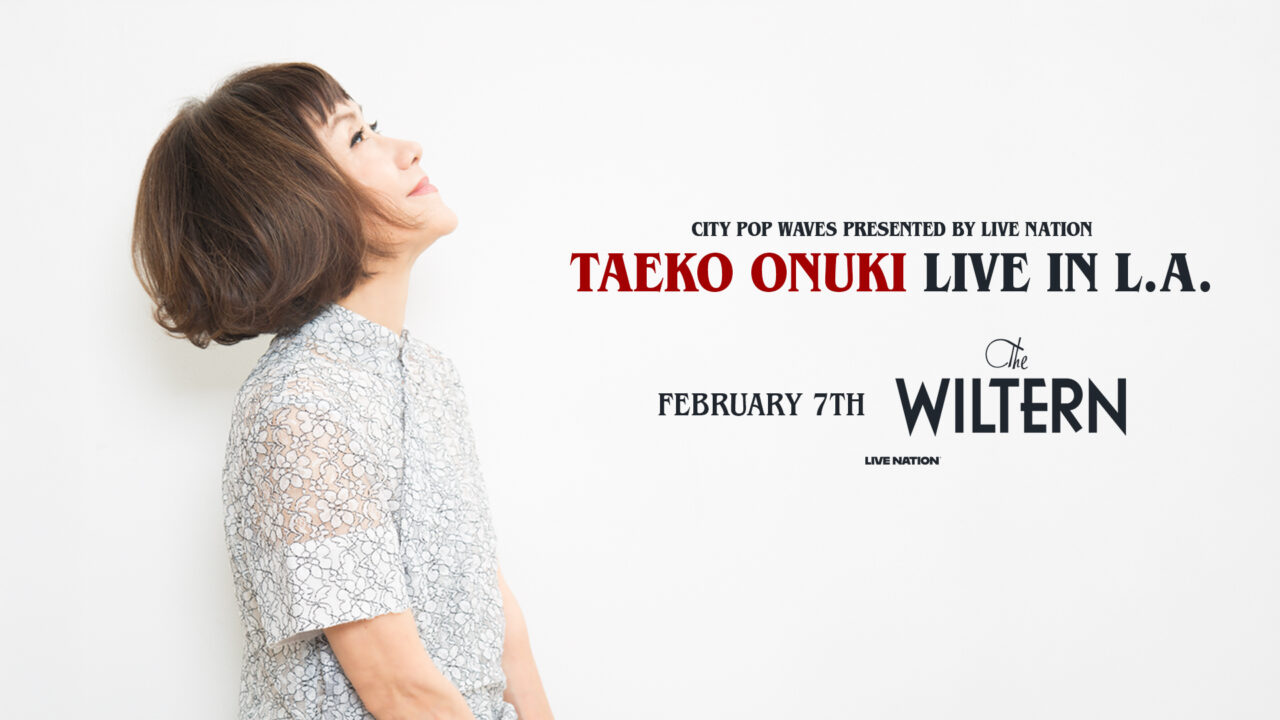Music, work, and sometimes memorial services
For the first installment of this commemorative series, we visited Takehisa Gomi, frontman of the Nara-based band LOSTAGE and owner of the independent label and used record store “THROAT RECORDS.
We asked him about the theme, “What is it to quit or continue music?” Please enjoy the conversation between the two while surrounded by a large number of records in the THROAT RECORDS store.
INDEX
When I had a child, I felt that I couldn’t go on like this. That’s why we started THROAT RECORDS. (Gomi)

tami: I started doing music seriously late, in my late 20s. I think that is the time when everyone stops playing music, but I started at that time.
Gomi: Why didn’t you start playing music before then?
tami:I was in a light music band in junior high and high school, but I quit when I entered university. After that, I graduated from graduate school and started working as a researcher, but there was a gap between my work ideals and reality, and the long hours of hard work made me extremely stressed. Then, for some reason, I suddenly thought, “I want to play music!” So I started DTM. After work, I spent my days and nights just composing songs.

Forming TAMIW in 2018, they toured the U.S. for 20 shows in 19 years, were selected for the “FUJI ROCK FESTIVAL ROOKIE A GO GO” in 2009, and released their third album “Fight for Innocence” in February 2011. She runs a music studio “Hidden Place” and a pet cemetery at a temple in Sakai, Osaka.
Gomi: At first you were a solo artist. Then the members grew and you became a band?
tami:That’s right. Because I formed the band late, I didn’t have any friends or allies who had been playing together for a long time, and I didn’t have many opportunities to talk deeply with people who were doing music other than the members of TAMIW. Recently, I have been thinking that I would like to hear from a variety of people, and what came to mind was the theme of the series, “Music and Work” and Mr. Gomi.
Gomi: Thank you very much.
tami:Mr. Gomi, you are currently running both your band and this store at the same time. How did you come to this point?
Gomi: I started the band to perform at a high school festival. I started the store in 2012. Before that, I was working part-time while playing in a band, but when I got married at 29 and had my first child at 33, I thought that I couldn’t continue to support my family. So I started my own label. When I was looking for an office for that label, I found this place.

The frontman of LOSTAGE, based in his hometown Nara, formed LOSTAGE in 2001, made their major label debut in 2007, launched their own label “THROAT RECORDS” in 2011 to celebrate their 10th anniversary, and opened a record store in 2012.
tami:So you didn’t plan to open a store from the beginning?
Gomi: Yes, it just happened. When I was looking for a place to live, a friend of mine was operating a store next to this building and told me, “There’s a store next door!” He told me about it. I came to see it, liked it, and decided to rent it, but it was a little too big to use only as an office. I thought it would be a waste of space, so I thought it would be better to sell some stuff, so I put up some CDs I had at home and sold them. From there, I gradually started to develop it into a store and started buying things outright, and that’s how it came to be where it is now.

Address: 1F Grand Terre, 14-1 Ogawa-cho, Nara City, Nara Prefecture

INDEX
My mother couldn’t bear to watch, so she said, “Either quit music, or if you don’t want to quit, start a studio” (tami)
tami:I think I might be similar in the sense that it wasn’t a dream come true from long ago, but I just happened to find myself in my current situation when I realized it. After I quit the institute, I lived like a NEET while doing music. Then my mother couldn’t stand to see me and said, “Either quit music, or if you don’t want to quit, start a studio”. My parents live in a temple, so she suggested I use the warehouse there. So I said, “Okay, I’ll do it!” and started running a studio.
Gomi: Wow! That’s what my mother told me. It wasn’t always your dream to build a studio. That’s the same as mine.
tami:Right now, I am in charge of the pet cemetery at my parents’ temple, and I am also running a studio and a band. And actually, all of our band members work at our pet cemetery and studio.
Gomi: Wow. As a manager, you are supporting the lives of your band members. You carry a lot of weight.

tami:Have you thought about the lives of the band members as well?
Gomi: We are basically a three-person group. The drummer, who is the same age as me, has been working at the studio since high school and is now the manager, so I have not worried about him that much. But the other one is my younger brother. When I saw him working part-time all the time, I was a little concerned not only as a member but also as a family member. Now my brother also runs a store nearby.
tami:Wow! Was there some influence from you?
Gomi: Maybe a little. Well, I don’t think he would ever admit it (laughs).

INDEX
I think anyone who gives up on music will probably give up on something after that. (Gomi)
tami:I said at the beginning that “everyone quits music around the age of 30” but I have been thinking about what it means to quit music.
For example, if I start working at a company as a full-time employee, I don’t think I have to choose between music and work. I wonder if “quitting music” means giving up on making a major label debut or something like that. I think that if you don’t care about selling, you can do it as long as you want to, and I don’t like the fact that everyone thinks that you have to quit someday.
Gomi: This is a wild assumption on my part, but I think that people who give up on music will probably give up on something after that, even if they are working at a company. Well, I have been stubbornly continuing the band for a long time, and I think that makes other people think, “Don’t give up!”
tami: Ah, yes, I do understand that it is a mistake to think that you can escape from “something” by quitting music. Even if you quit music and work at a company, that “something” will always be with you. It is not something that can be reset.
Gomi: That’s why those who quit music will probably quit something else as well. I just remembered that Yusaku Maezawa, the creator of ZOZOTOWN, was originally in a band and became successful after quitting. Well, yes, there are all kinds of people (laughs).
tami: Yes, there are (laughs). There are many different patterns.

Gomi: You said earlier, “You can do it in any form if you want to” and I think that’s really true. So, I know it’s a bit silly to say this at the beginning of a series, but I think it’s nonsense to talk about “people who work only in music” and “people who work in music and other jobs” in this day and age. I don’t think there are only those two. There are many people in between. Really, I am sorry for talking like this from the very beginning.
tami: No, no, no, I’m rather grateful. You are right. It would be easier for everyone if you see the in-between.
Gomi: Yes, because we don’t look in between, there are times when we have to give up. If you want to do something, you can do it in any way you want, even if it’s a little bit small.
tami: I feel that people who earn money through music are looked at in a very special way. It is something that only people with strong dreams and a strong sense of purpose can do.
Gomi: Everyone makes a living by earning money from something, and some people earn money from music, some from other things, and some people do both. That’s all there is to it, and everyone is the same in the sense that they are all making money from something. It is not possible to have all the fun because you are earning money from music, and there are also hard times because it is a job.


























